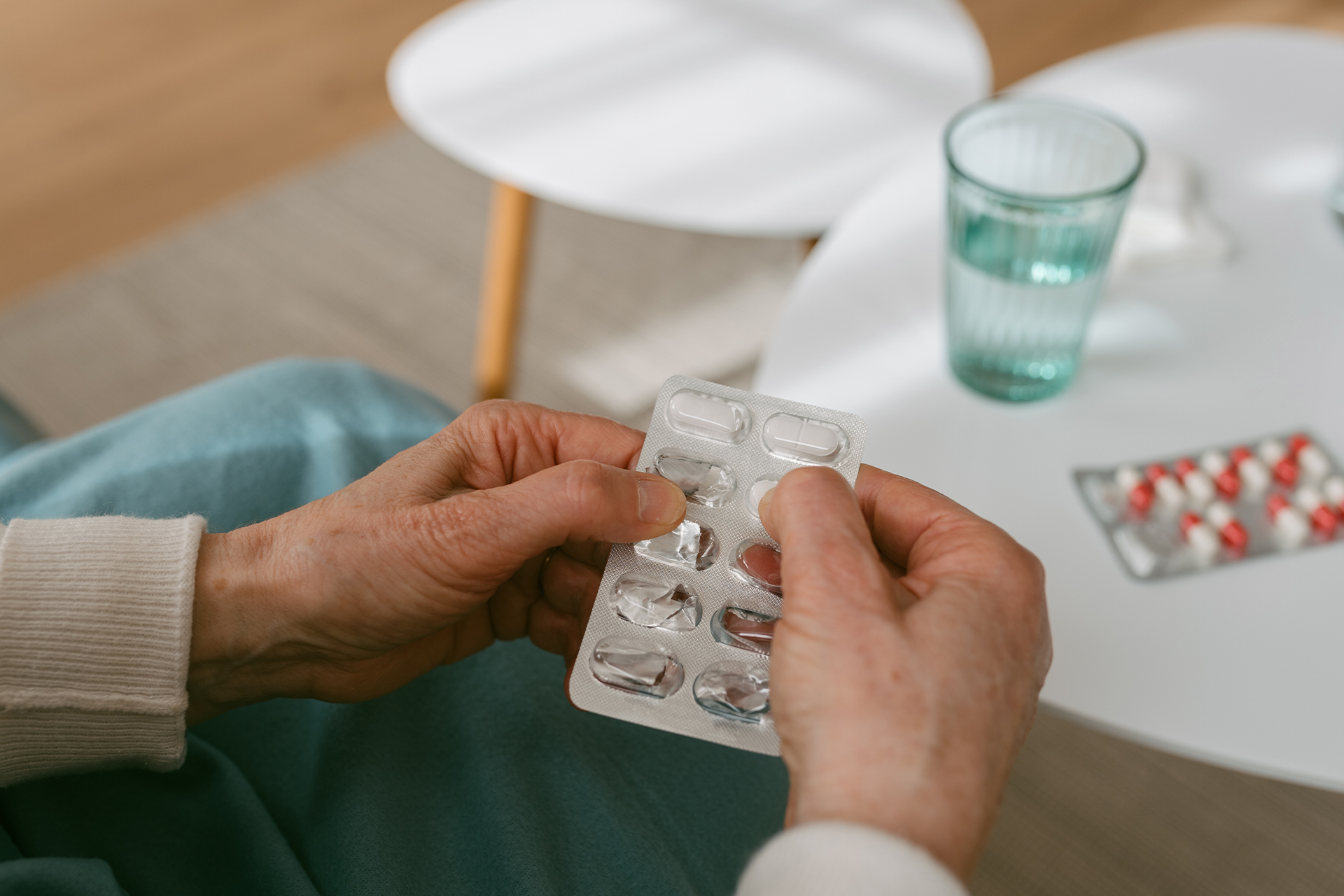Currently, the situations in which self-medication can be considered are outlined in Portuguese legislation. These include colds and flu, cough, hoarseness, sore throat, oral hygiene, vomiting, diarrhea, constipation, sunburn, wounds, insect bites, tobacco dependence treatment, vaginal hygiene, various contraceptive methods, among others. However, using medications without medical advice can imply inappropriate use, which can pose a significant risk to health.
Incorrect dosage or administration can have drastic and serious effects on individuals' health, especially with the indiscriminate use of antibiotics. Thus, it might mask symptoms of a more serious illness, leading to misdiagnosis if medical attention is later needed. On the other hand, keeping several medications at home can lead to medication mix-ups, taking expired medications, or accidental ingestion, especially by children.
To avoid the dangers associated with self-medication, it should be avoided even in common situations where it might seem acceptable. Building and maintaining a close relationship with your health and your doctor, keeping communication open whenever necessary, is advisable. At Joaquim Chaves Saúde medical clinics, you'll find a team of professionals available to assist you in the treatment and diagnosis of numerous conditions, thus preventing situations of self-medication.
